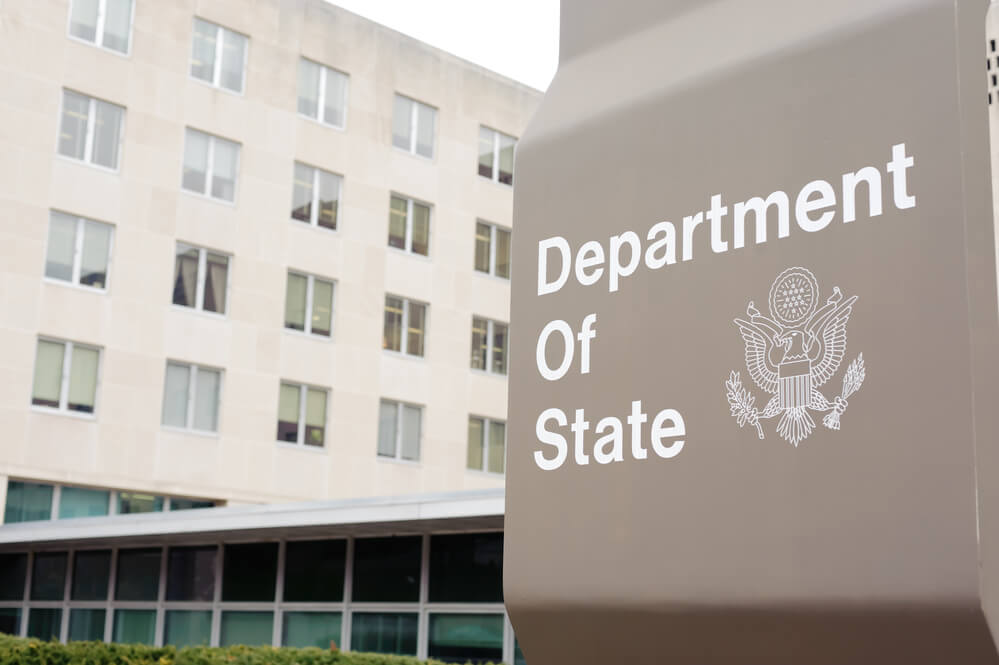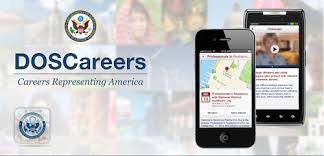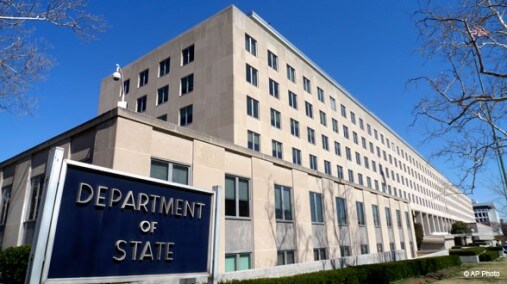In my YouTube video #5 to help you prepare for the Situational Judgment part of the FSOT, I promised to supply additional online (and free) SJ tests. Here they are:
https://www.assessmentday.co.uk/situational-judgement-test.htm
https://www.
https://www.jobtestprep.com/
http://www.onlinetests.co.uk/?tid=192
https://practicereasoningtests.com/si





Recent Comments